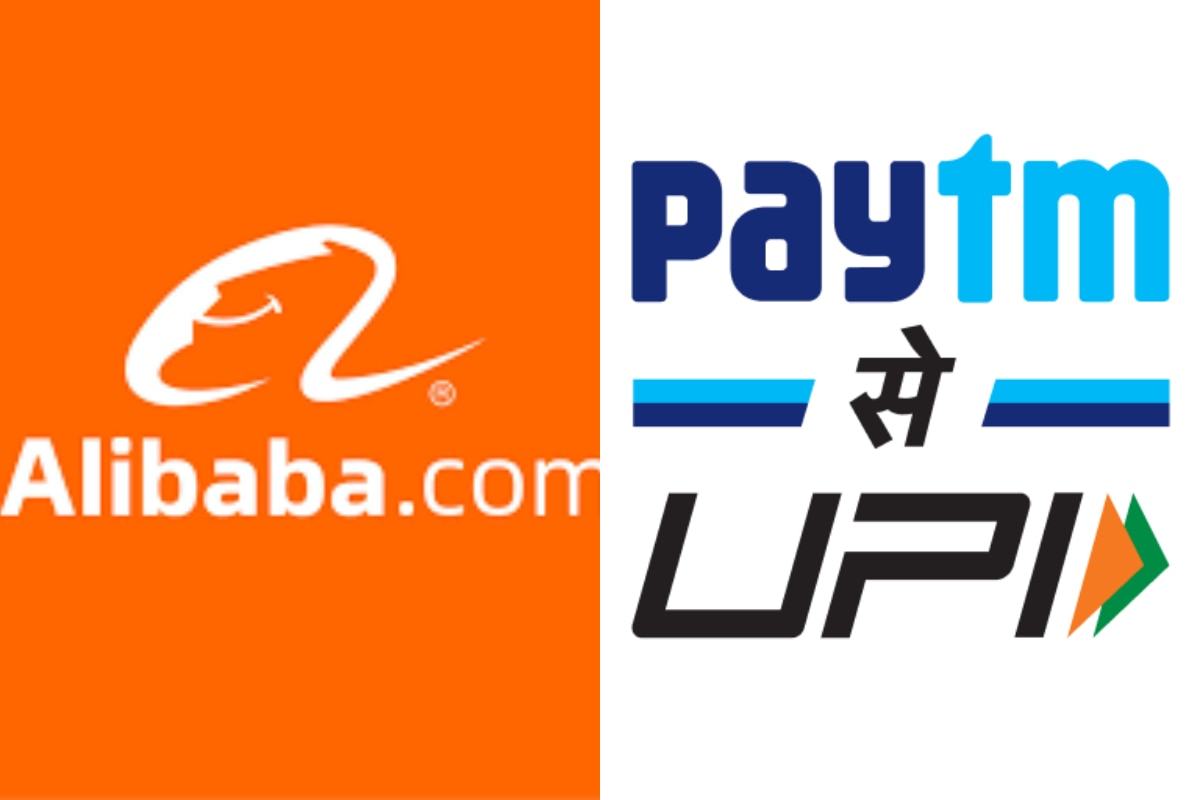How Paytm suffered losses after Alibaba’s exit?
Alibaba sold its 3.3% interest (or 2.1 crore shares) in Paytm (One97 Communications), in a block transaction mopped Rs 1,378 crore.

One of India’s top digital payment companies, Paytm, which is championed by Vijay Shekhar Sharma, looks to have trouble. One of the early supporters of Vijay Shekhar Sharma-led Paytm, China’s Alibaba Group, is said to have sold its 3.3% investment in the digital payments business. As a result, Alibaba no longer owns the shares of Paytm, making it a non-stakeholder in the business.
Alibaba sold its 3.3% interest (or 2.1 crore shares) in One97 Communications, the parent company of Paytm, in a block transaction mopped Rs 1,378 crore. The Chinese giant sold more than 3% of its 6.26 percent stock in Paytm earlier last month, which reaped Rs 1,031 crore. According to sources, the Chinese multinational sold all of its stock in Paytm in a recent block trade.
A goodbye to Alibaba from India.
With its departure from Paytm, Alibaba exits India. In response to a sharp decrease in the value of the assets, the Chinese major had been decreasing shares in publicly traded new-age technology businesses in India. Alibaba has already sold its shares in Zomato and BigBasket before Paytm.

After Paytm disclosed operating profitability for the December quarter, the block deal created a huge influence on the shares of the digital payments company, which have been soaring over the last few days. On the NSE, Paytm shares finished more than 8% down at Rs. 650.75. Paytm reported operational profitability that was much higher than the September 2023 projection when it released its Q3 FY23 results. Due to a consistent increase in contribution profit and outstanding operating leverage, the company’s EBITDA before ESOP increased by Rs 424 crore YoY to Rs 31 crore.
EBITDA before ESOP margin was 2% of sales compared to (27%) one year earlier. The financial behemoth’s operational revenue grew to Rs 2,062 crore (no UPI incentive was reported this quarter), up 42% annually.
Pressure from investors on Paytm and records of failure of stocks.
Since its debut on the stock exchanges in November 2021, Paytm has come under fire from investors because of the uncertainty surrounding its business plan. One 97 Communications’ shares dropped 27% on November 18, 2021, the greatest opening-day decline ever for share offerings valued at more than Rs 1,000 crore. The shares opened at Rs 1,564 after trading at Rs 1,950, a 9.3% decrease from its offer price of Rs 2,150.

During the company’s IPO, its market valuation fell below the Rs 1 lakh crore threshold. On May 12, 2022, the stock hit a one-year low of Rs 511, and on May 20, 2022, it was trading at Rs 566 on the BSE with a market valuation of barely Rs 36,718.93 crore. Due to a global sell-off in high-value technology equities brought on by high-interest rates and an economic downturn, shares of the provider of online payment gateway services fell more than 60% last year.
Alibaba also has its share of problems. Alibaba was the target of a record-breaking $2.8 billion antitrust penalty from Chinese regulators in December 2020 for engaging in monopolistic behavior. The Ant Group’s dual listing on the Shanghai Stock Exchange had been postponed in November of that year. Ant Group’s IPO, which raised $21.77 billion (about Rs. 1.69 lakh crore), was the second-largest in history.
What’s wrong with Paytm?
Although many people support Paytm’s plan to build a digital ecosystem around its payments business, it should continue to focus on MTU (monthly transacting users) growth rather than profitability or monetization due to its presence in too many markets and lack of leadership in any of them (except payments). Given this context, it is possible to consider the current values to be high, specifically given that, according to the projections, EBITDA breakeven is anticipated by FY2027. Additionally, a complicated group network and a sizable public float (owned by participants in the private equity industry) would limit value multiples.

The last call.
Even though the company made noteworthy capital investments to increase its revenue and market share, it still experienced operating losses. It is predicted that more money and effort will be invested given the internet business space’s rapid evolution as a result of the emergence of distinctive business models, changing technology, and new laws.
Analysts have claimed that Paytm had too many hats to wear and that there were so many moving components that it was challenging to understand its precise business strategy. Additionally, the rivalry is becoming more intense across all of the business’s market categories. “It is unclear what the business model will be, what the key growth drivers will be, and how to get to profitability. The stock price will essentially stay fixed until the firm has a clear vision of what they want and need to do.
Edited by Prakriti Arora




